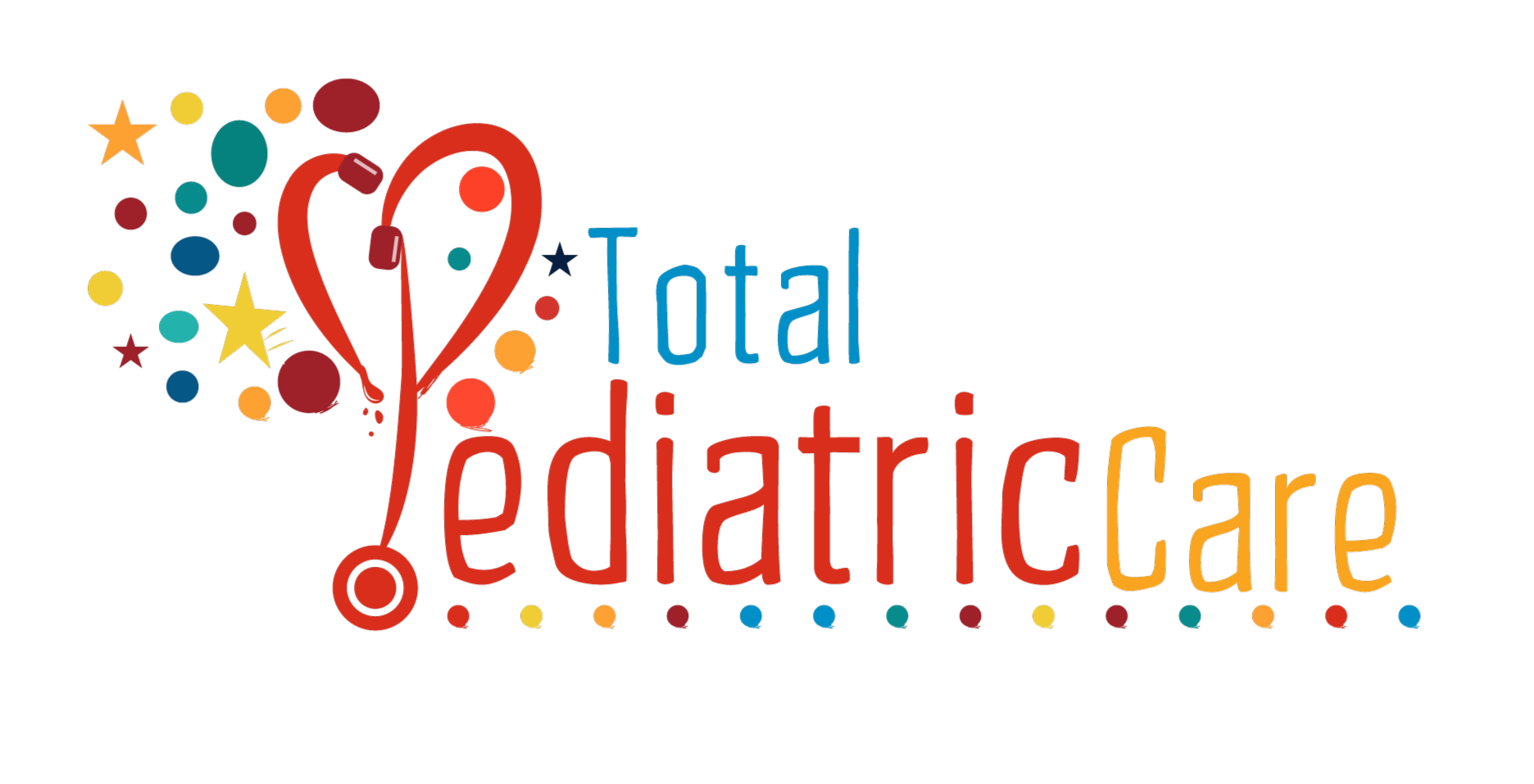Proper nutrition is essential for a child’s growth and development. As a parent or caregiver, it’s important to understand your child’s nutrition needs and provide a balanced and healthy diet. Here are some tips for understanding your child’s nutrition needs:
- Know the Food Groups
Understanding the different food groups and their nutritional benefits can help you provide a balanced and healthy diet for your child. The five food groups include fruits, vegetables, grains, protein foods, and dairy.
- Follow a Balanced Diet
A balanced diet should include a variety of foods from each food group to ensure that your child is getting all of the nutrients they need. A balanced diet should include plenty of fruits and vegetables, whole grains, lean proteins, and low-fat dairy products.
- Portion Control
Portion control is important for maintaining a healthy weight and preventing overeating. Use portion control guidelines to ensure that your child is eating appropriate amounts of each food group.
- Choose Healthy Snacks
Healthy snacks can provide additional nutrients and energy for your child. Choose healthy snacks such as fresh fruit, raw vegetables, low-fat yogurt, or whole-grain crackers.
- Limit Sugary and Processed Foods
Sugary and processed foods should be limited in your child’s diet. These foods provide little nutritional value and can contribute to weight gain and other health problems.
- Hydration
Hydration is also an important aspect of nutrition. Encourage your child to drink plenty of water and limit sugary drinks such as soda or juice.
- Consult with a Pediatrician or Registered Dietitian
If you have concerns about your child’s nutrition, it’s important to consult with a pediatrician or registered dietitian. They can provide guidance and recommendations based on your child’s individual needs.
In summary, understanding your child’s nutrition needs is essential for promoting their overall health and well-being. Know the food groups, follow a balanced diet, use portion control, choose healthy snacks, limit sugary and processed foods, encourage hydration, and consult with a pediatrician or registered dietitian if needed. By following these tips, you can help ensure that your child is getting the proper nutrition they need for optimal growth and development.

